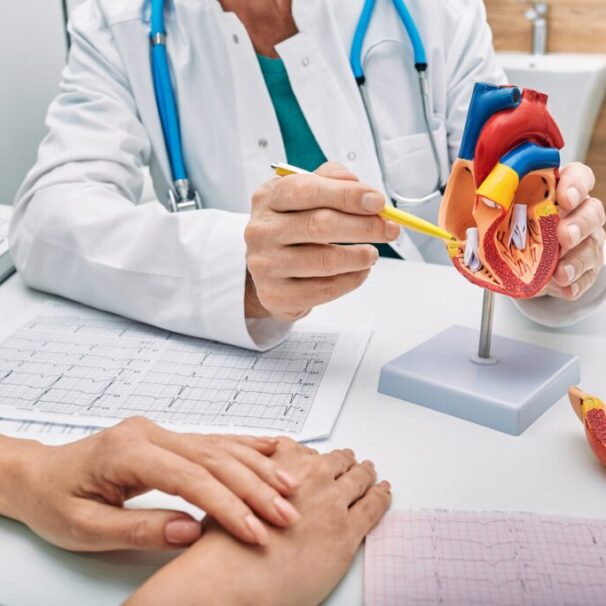HealthProviders DB is a comprehensive database of healthcare providers, including a complete directory of all Cardiovascular Disease Physicians.
Internal Medicine Healthcare Taxonomy Code 207RC0000X
As of today, the following are the total number of Cardiovascular Disease Physicians nationally, in your state, and near your location.
Select a State below to view the list by State. Additionally, you can narrow the list by city, among other options, from the Filter Panel, which you can open by clicking the vertical ellipses ⋮ in the upper right corner of the app.
Alaska – Alabama – Armed Forces Pacific – Arkansas – American Samoa – Arizona – California – Colorado – Connecticut – District of Columbia – Delaware – Florida – Federated States of Micronesia – Georgia – Guam – Hawaii – Iowa – Idaho – Illinois – Indiana – Kansas – Kentucky – Louisiana – Massachusetts – Maryland – Maine – Marshall Islands – Michigan – Minnesota – Missouri – Northern Mariana Islands – Mississippi – Montana – North Carolina – North Dakota – Nebraska – New Hampshire – New Jersey – New Mexico – Nevada – New York – Ohio – Oklahoma – Oregon – Pennsylvania – Puerto Rico – Palau – Rhode Island – South Carolina – South Dakota – Tennessee – Texas – Utah – Virginia – Virgin Islands – Vermont – Washington – Wisconsin – West Virginia – Wyoming
Medicare
The following are the total number of Cardiovascular Disease Physicians who accept Medicare in your State, the number who have opted out of Medicare, and the total number excluded from participation in Medicare nationwide.
The diagram below shows all the Cardiovascular Disease Physicians across the country, represented by blue bubbles. The larger the bubble, the greater the concentration of providers in that area. Red bubbles represent Medicare-excluded providers, with the larger bubbles indicating a higher percentage of excluded providers in that region. You can change the bubble size to be based on exclusions from the Size menu.
What do Cardiovascular Disease Physicians do?
Cardiovascular disease (CVD) physicians, also called cardiologists, diagnose and treat conditions of the heart and blood vessels.
They perform diagnostic tests, create treatment plans that may include medication and lifestyle changes, and perform procedures such as cardiac catheterization.
They manage conditions like coronary artery disease, heart failure, arrhythmias, and heart attacks.
What they do
Diagnose and evaluate: Cardiologists conduct physical exams, take medical histories, and order tests to diagnose heart conditions.
Perform tests: They use a variety of diagnostic tests to assess heart health, including EKGs, stress tests, echocardiograms (ultrasound of the heart), and cardiac CT or MRI scans.
Create treatment plans: Based on their findings, they recommend treatments, which can include prescribing medications, recommending dietary changes and exercise, or other lifestyle adjustments.
Perform procedures: Some cardiologists perform minimally invasive procedures. For example, interventional cardiologists can perform angioplasty to open blocked arteries and place stents.
Manage long-term conditions: They monitor patients with chronic heart conditions, ensuring treatment plans are effective and adjusting them as needed.
Refer patients: If a condition requires surgery, they will refer the patient to a cardiac surgeon.
Common conditions they treat
- Peripheral vascular disease (conditions affecting arteries and veins outside the heart)
- Coronary artery disease
- Heart attack
- Heart failure
- Arrhythmias (abnormal heart rhythms)
- Heart valve disease
- Congenital heart defects

